
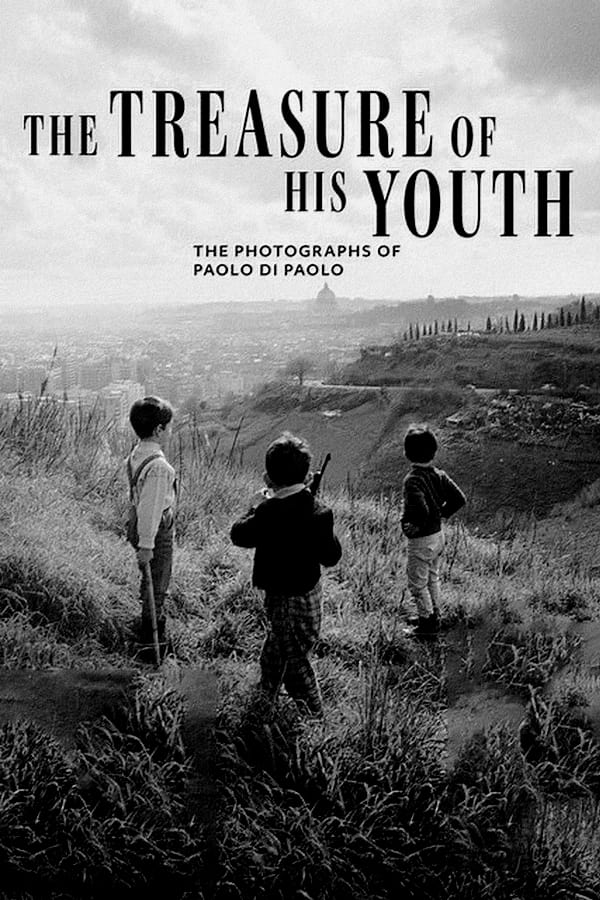
The life of the legendary Italian photojournalist Paolo Di Paolo through his photographs, which capture the essence of a fascinating and turbulent Italy, the one inhabited by Anna Magnani and Pier Paolo Pasolini, a country that no longer exists.
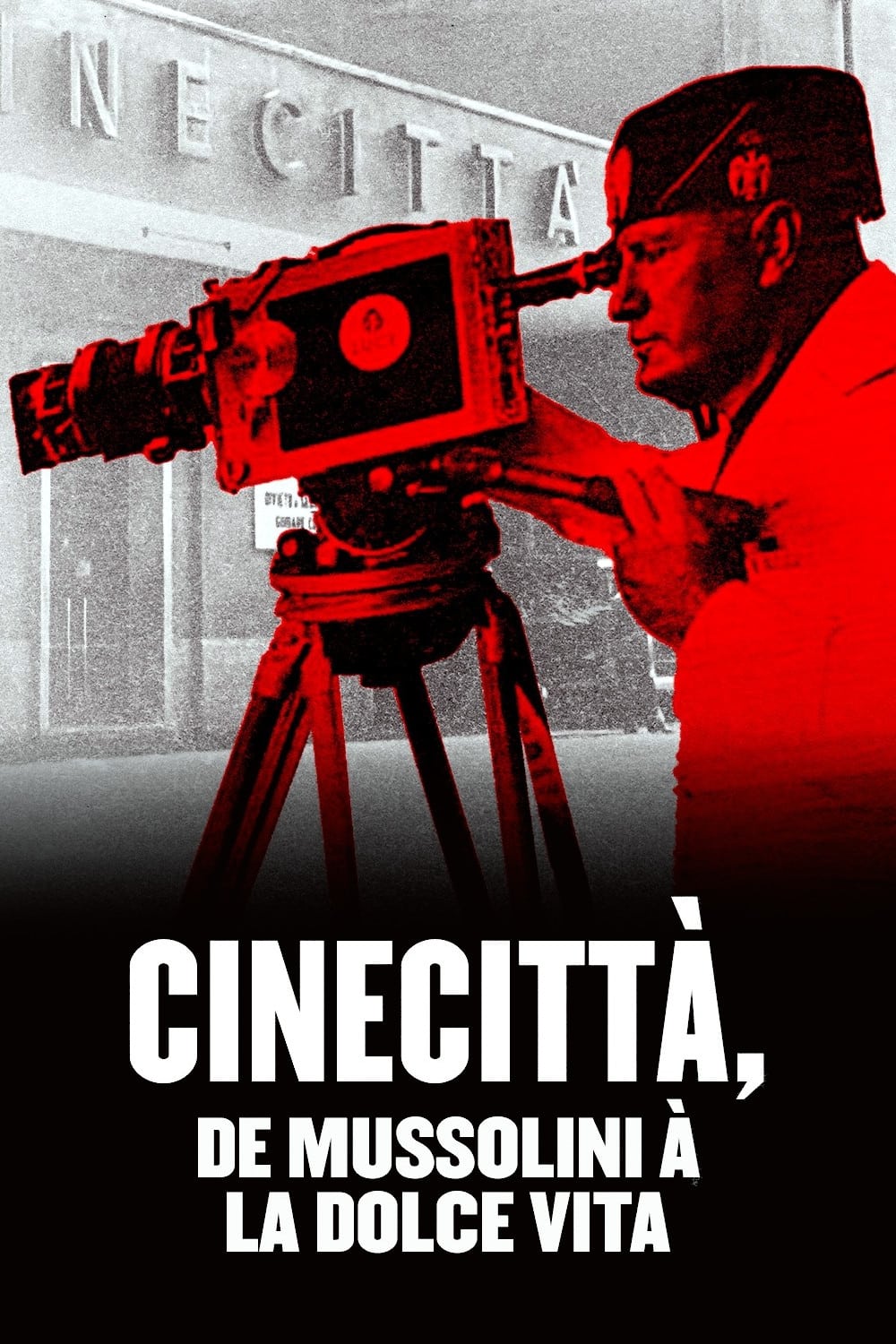
Cinecitta is today known as the center of the Italian film industry. But there is a dark past. The film city was solemnly inaugurated in 1937 by Mussolini. Here, propaganda films would be produced to strengthen the dictator's position.
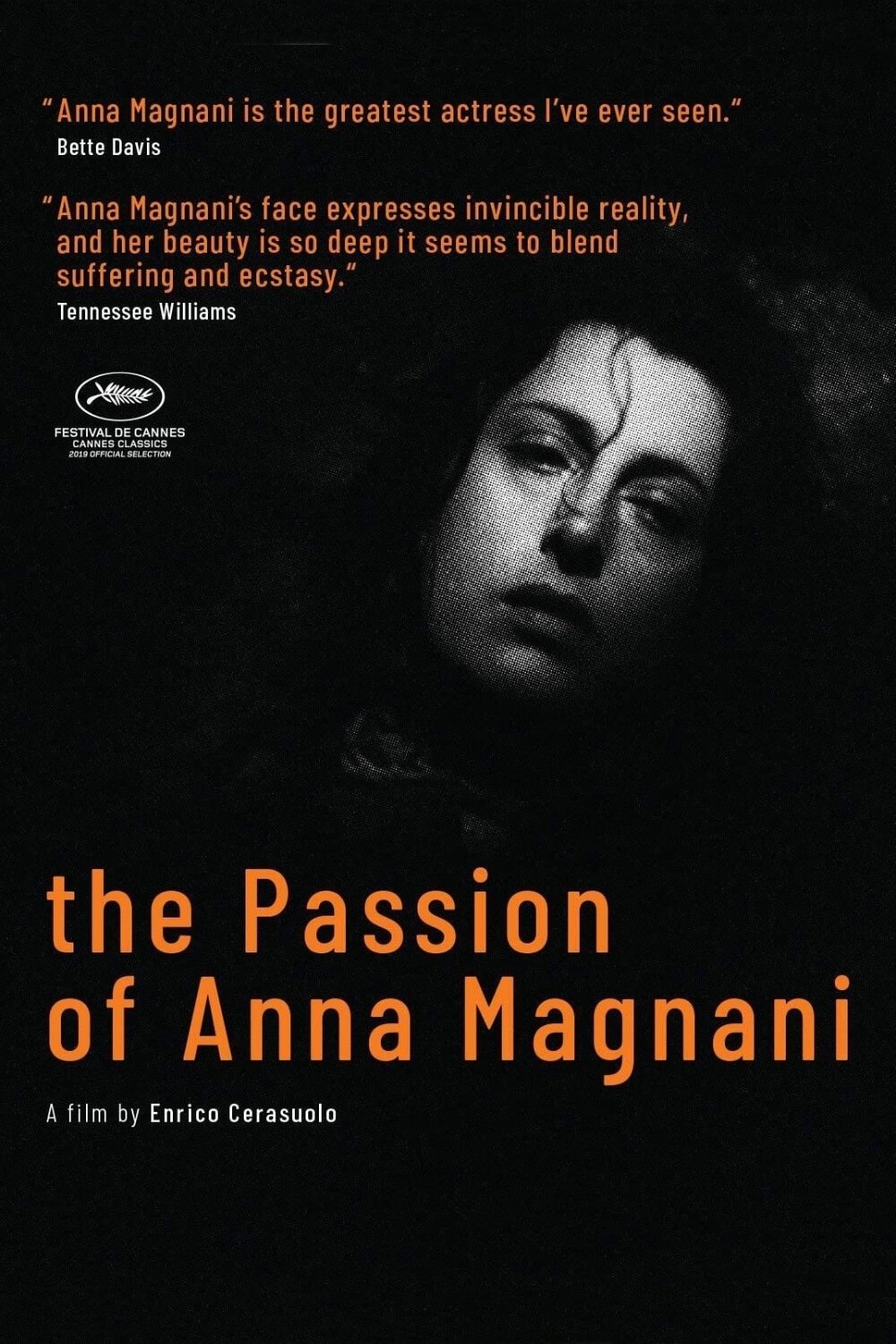
The destiny of legendary actress Anna Magnani through archive footage, often unpublished.

The fascinating story of a man destined to be only a son of and who sought all his life to become "someone" by getting rid of the overwhelming image of his genius as a father, the painter Pierre-Auguste Renoir.
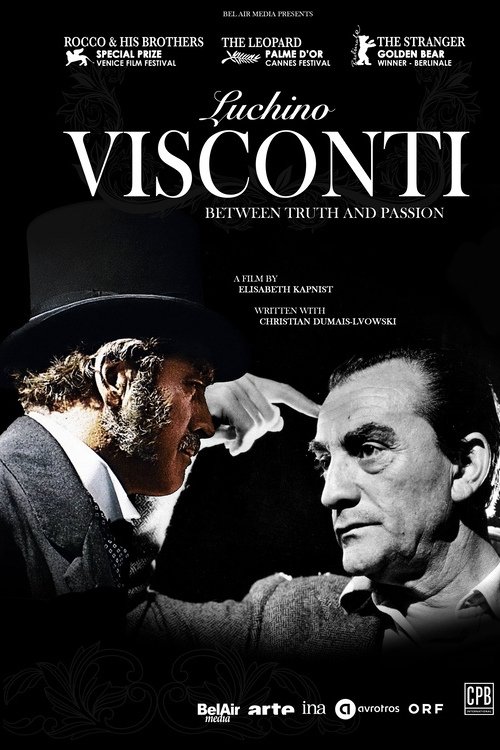
Forty years after his death, this documentary pays tribute to one of the major filmmakers of Italian cinema, to an original work that continues to inspire today's cinema. Coming from one of the greatest families of the Italian aristocracy, he could have been a rich and cultured man, living in opulence and idleness, but Luchino wanted a different destiny. This is the story that director Elisabeth Kapnist and Christian Dumais-Lvowski wanted to tell. Count Visconti di Modrone wears the clothes of a legend that he never stopped shaping throughout his life. This documentary reconstructs the fabric of a brilliant life, dedicated to art; theater, opera, and cinema. This artistic work is also that of a committed man, who was a fellow traveler of the Communist Party, and who resisted fascism.
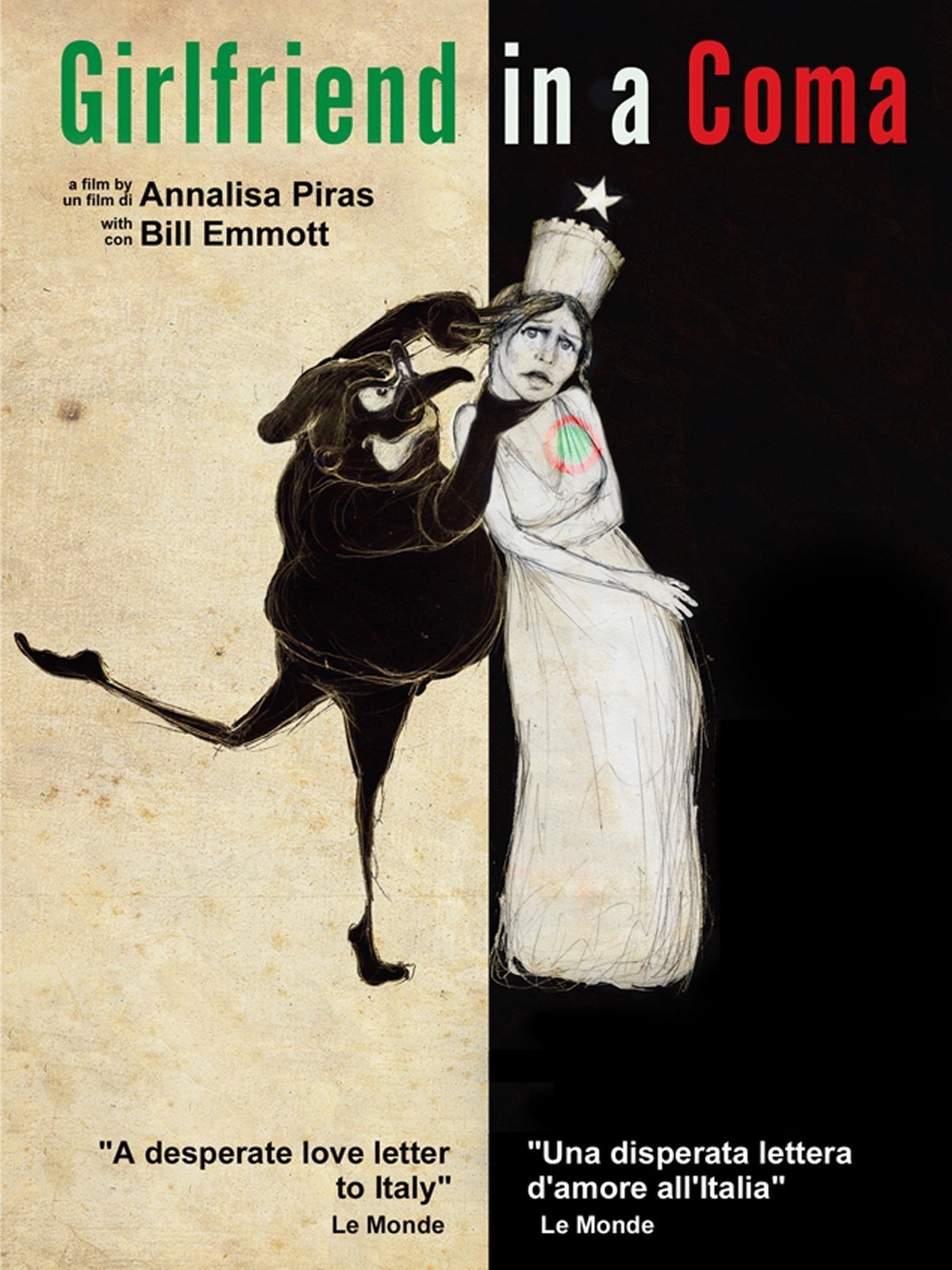
Girlfriend in a Coma is a documentary that exposes the dire situation of Italian politics and the process of economic and social decline the country has suffered during the last two decades, treating the decline as a warning of what might happen elsewhere in the West. The decline has occurred amid a collapse of moral values and the victory of “Mala Italia” over “Buona Italia”. It has been lauded as being ground-breaking in its creative combination of animation, interviews and hard facts, and has caused fierce controversy in Italy.
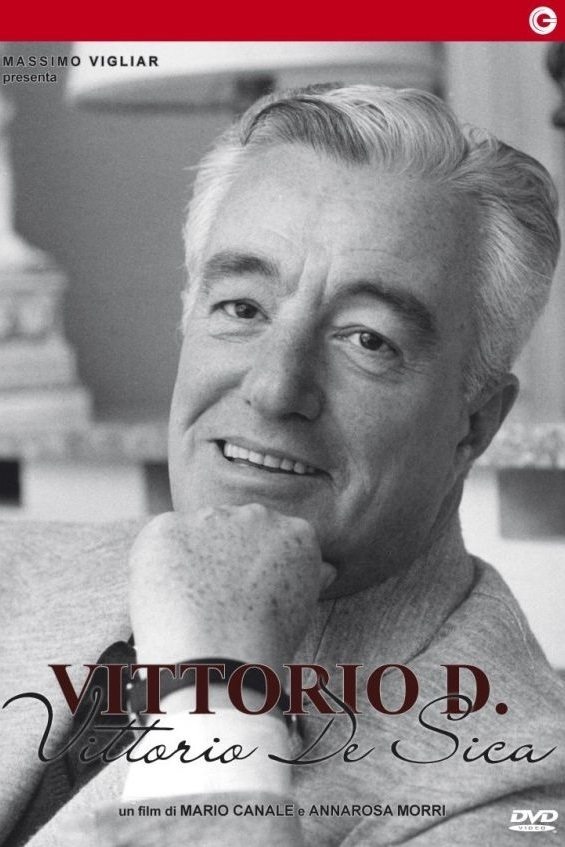
A documentary about Vittorio de Sica with clips of his films and testimonials from friends and family.
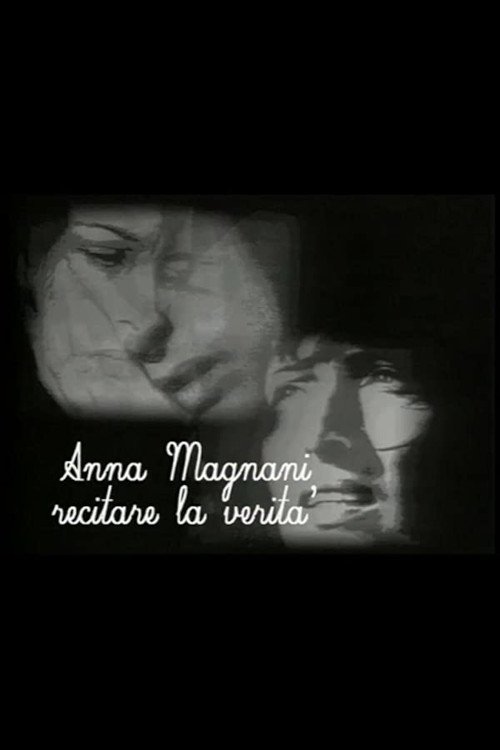

A short film in which Isabella Rossellini discusses the life and work of her father, Roberto Rossellini.
Anna Magnani (pronounced: mahn-YANEE; 7 March 1908 – 26 September 1973) was an Italian stage and film actress. She won the Academy Award for Best Actress, along with four other international awards, for her portrayal of a Sicilian widow in The Rose Tattoo. Born in Rome to an Egyptian father and an Italian mother, she worked her way through Rome's Academy of Dramatic Art by singing at night clubs. During her career, her only child was stricken by polio when he was 18 months old and remained crippled. She was referred to as "La Lupa," the "perennial toast of Rome" and a "living she-wolf symbol" of the cinema. Time magazine described her personality as "fiery", and drama critic Harold Clurman said her acting was "volcanic". In the realm of Italian cinema, she was "passionate, fearless, and exciting," an actress that film historian Barry Monush calls "the volcanic earth mother of all Italian cinema." Director Roberto Rossellini called her "the greatest acting genius since Eleonora Duse. Playwright Tennessee Williams became an admirer of her acting and wrote The Rose Tattoo specifically for her to star in, a role for which she received her first Oscar in 1955. After meeting director Goffredo Alessandrini she received her first screen role in La cieca di Sorrento (The Blind Woman of Sorrento) (1934) and later achieved international fame in Rossellini's Rome, Open City (1945), considered the first significant movie to launch the Italian neorealism movement in cinema. As an actress she became recognized for her dynamic and forceful portrayals of "earthy lower-class women" in such films as The Miracle (1948), Bellissima (1951), The Rose Tattoo (1955), The Fugitive Kind (1960), with Marlon Brando and directed by Sidney Lumet, and Mamma Roma (1962). As early as 1950, Life magazine had already stated that Magnani was "one of the most impressive actresses since Garbo". Description above from the Wikipedia article Anna Magnani, licensed under CC-BY-SA, full list of contributors on Wikipedia
By browsing this website, you accept our cookies policy.